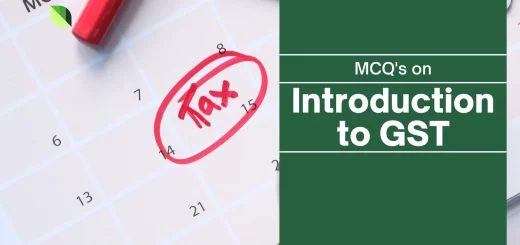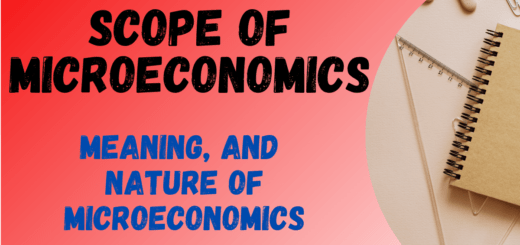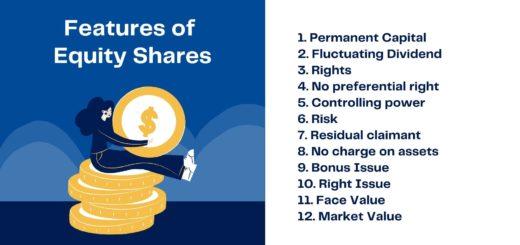5 Types of Demand in Economics | Free Economic Blogs
Table of Contents
Types of Demand in Economics

Meaning of Demand
In ordinary language, demand means a desire. Desire means an urge to have something.
In Economics, demand means a desire which is backed by a willingness and ability to pay.
For example, if a person has the desire to purchase a television set but does not have adequate purchasing power then it will be simply a desire and not a demand.
Thus, demand is an effective desire. All desires are not demand.
In short,
Demand = Desire + Willingness to Purchase + Ability to Pay.
- Microeconomic Definition | Historical Review of Microeconomics
- Scope Or Nature of Microeconomics
- Features of Microeconomics
- Importance of Microeconomics
Definition of Demand
According to Benham, “the demand for anything at a given price is the amount of it, which will be bought per unit of time at that price.”
Thus, following are the features of demand :
1) Demand is a relative concept.
2) Demand is essentially expressed with reference to time and price.
Types of Demand in Economics
1) Direct demand
It is the demand by the consumer for goods that satisfy their wants directly. They serve direct consumption needs of the consumers. Thus, it is the demand for consumer goods. For example, demand for cloth, sugar, etc.
2) Indirect demand
Indirect demand is also known as derived demand. It refers to demand for goods that are needed for further production. It is the demand for producer’s goods. Hence, all factors of production have indirect or derived demand. For example, demand for workers in a sugar factory is derived or indirect demand.
3) Complementary/Joint demand
When two or more goods are demanded jointly to satisfy a single want, it is known as joint or complementary demand. For example, car and fuel etc.
4) Composite demand
The demand for a commodity that can be put to several uses is known as composite demand. For example, electricity is demanded for several uses such as light, fan, washing machine etc.
5) Competitive demand
It is demand for those goods which are substitute for each other. For example, tea or coffee, sugar or jaggery etc.


